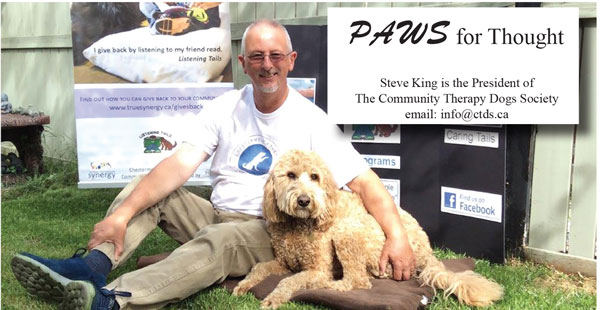If you’ve never had a dog and are about to get one (or more), you are likely feeling both excited (I hope) and, maybe, a little apprehensive. You may have spoken to friends or relatives who have dogs and are beginning to realize that having a dog is a big responsibility. You have also thought about reading up on how to integrate a dog into your family unit. However, there are a thousand and one dog books on the market so finding the right one for you can sometimes be a challenge. So today, let me see if I can lay out the basics for you of what it’s like living with a dog.
The first thing to understand is that a dog is not a child covered in fur. Dogs think differently from humans, act differently from humans and react to things differently from humans. So, having said that, you will need to invest some time in getting to know what makes a dog “tick” if you want to develop a good, long-term relationship with your dog. One simple example of the difference between the species is the main sense: the major sense for a human is sight, for a dog it’s smell. Dogs “see” most things through their nose and their actions reflect that.
Dogs are naturally pack animals. They want to know where they stand in the pack, which, in your case, is the family unit. As such, you need to act as the pack leader. To stand any chance of living in a harmonious environment, we all need to understand and accept boundaries to our behaviour. This is no different for a dog so, at the earliest opportunity, set boundaries for your dog. This may translate into which parts of the home your dog can go, access to chairs/ beds or how you feed your dog (regular food and treats), to name but a few. Dogs will look for this type of leadership and may get frustrated if they don’t sense it happening. Only a very small percentage of dogs want to be the pack leader.
Misunderstanding communication signals is a big one. Dogs do communicate verbally but the biggest element of a dog’s communication is done through body language. It behoves us humans to learn the multitude of body language signals that dogs give off in different situations. I would strongly recommend a new dog owner taking a seminar or reading about this subject. Not only will you begin to appreciate the complexity of dog signalling but it will likely enable you to avoid negative situations with your dog in the future.
Although dogs are intelligent, complex creatures, their needs are few. Food and drink, shelter, exercise (mental and physical) and love: that pretty much encapsulates what they need.
Be patient with your dog: they are adjusting to you as much as you are adjusting to them. More patience may be needed if you get a young puppy. Although they can come across as fun-loving fur balls, they still have to be house trained, socialized and looked after. They are now part of the family and should be treated as such.
If anyone is about to get a dog for the first time and would like tips on how to prepare, I’d be happy to connect with you.







